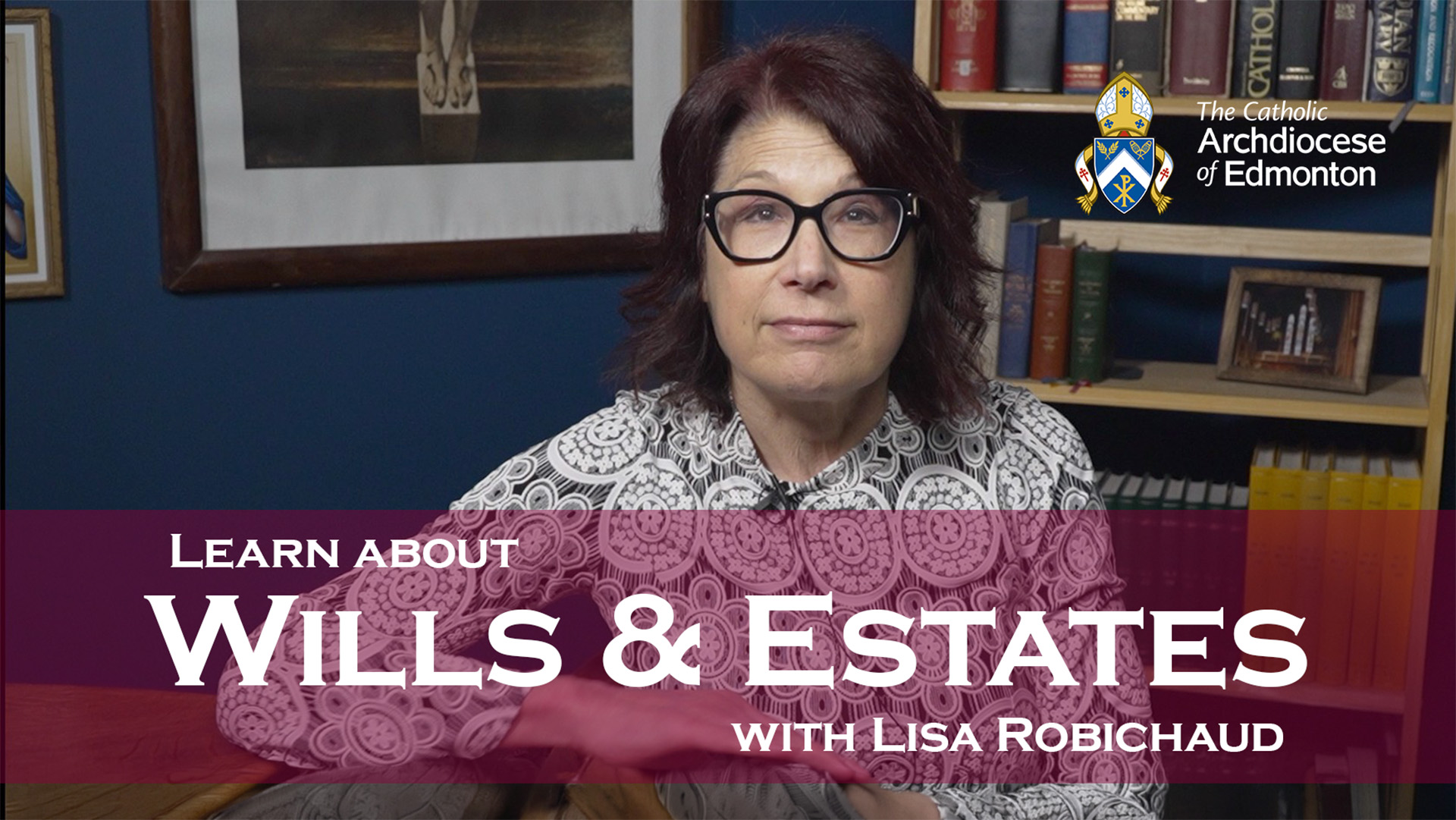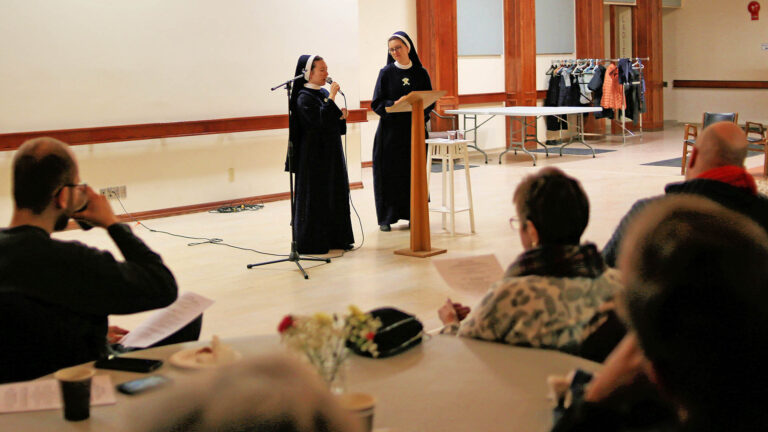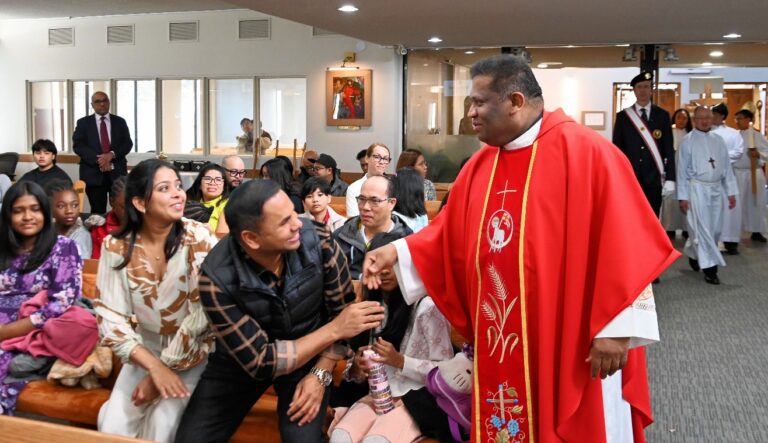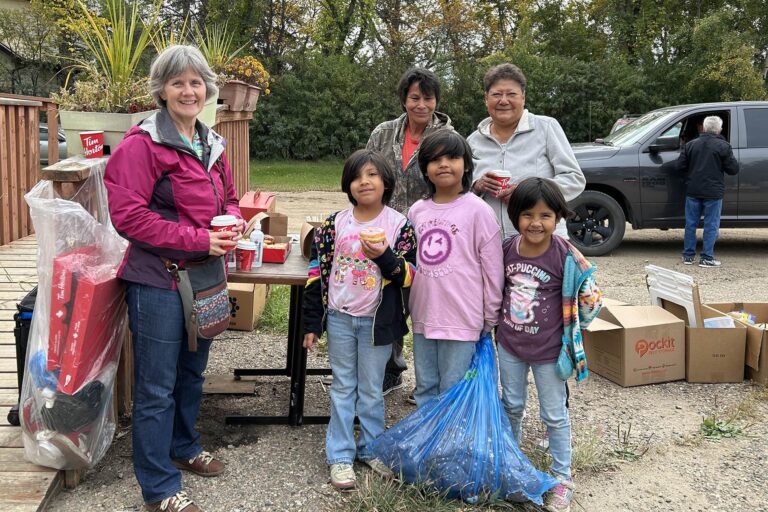Create Your Legacy! You’re invited to an Archdiocese informative session
on Wills & Estates — because protecting your family and faith, what matters
most, starts with a plan. Join us for an engaging and
practical presentation with:
• Lisa Robichaud, Stewardship and Fund Development lead
• Financial expert John Kok
• Lawyer Paul Foisy
OR
Learn how to protect your assets, reduce taxes, and ensure your wishes are clearly documented. Register by contacting Lisa Robichaud at Lisa.Robichaud@caedm.ca
or call 780-803-5706
We hope to see you there!
Sign up for The WINDOW, the weekly electronic bulletin with news from the Archdiocese of Edmonton.




